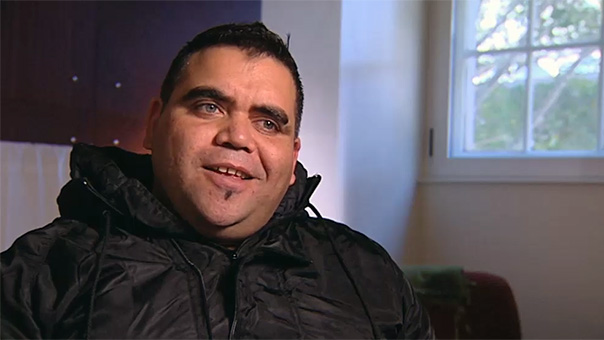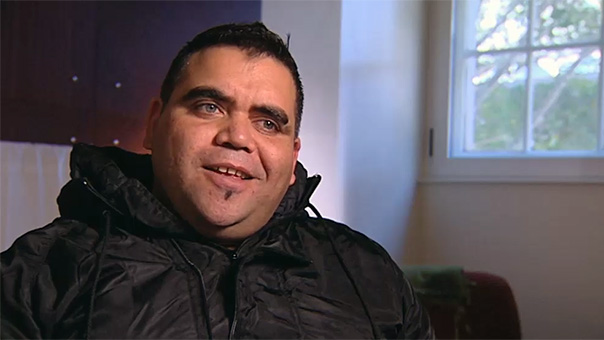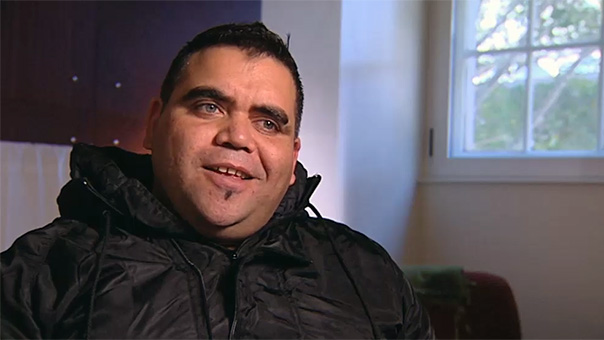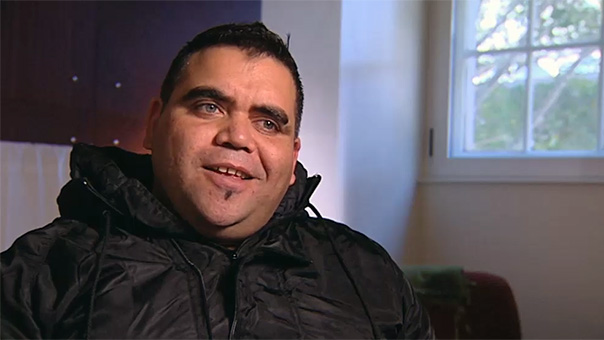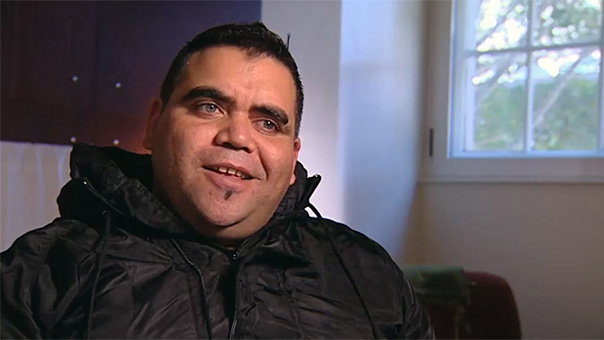3. Individual perspective
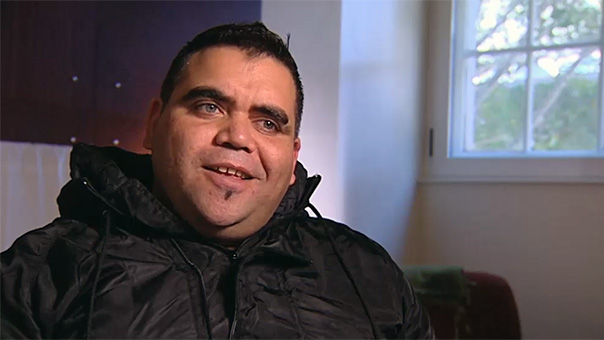
Viewing guide
-
Discuss and define the English textual concept of perspective.
-
Think about the poem that you have started writing and note down your ideas in the same place you have your creative writing ideas and drafts.
-
Is there a cultural context for the poem that you are writing?
-
If so, will this content represent a general view of the overall cultural group or is it a reflection of your own personal views?
-
If not, do the views represented in your poem reflect the views of others?
-
-
-
What significance does Samuel place on his belonging to a specific cultural group?
-
-
What references can you find in Samuel's poetry that show his cultural heritage?
-
What political views is he expressing?
-
-
What other poems have you read that have a strong connection with a cultural context?
-
Does every piece of writing have a cultural context?
-
Do you have any political or cultural views that inspire you to write?
-
Choose a poem by another Aboriginal writer from these suggestions.
-
Note how this author uses cultural and political perspectives to increase the readers' understanding of their point of view.
-
-
Review your draft poem and identify its’ audience.
-
Re-draft your poem at least twice with different audiences in mind.
-
How does changing the audience impact your choice of words?
This exercise is designed to get students thinking about writing from a specific perspective and for different audiences. Students should be encouraged to interrogate their own cultural perspectives and tap into that for inspiration.
Students may be reluctant to keep re-working the same poem. They need to practise the draft and revision process a few times on one poem, however there is no reason why, after that, that they cannot start a new poem. Encourage them to create the poems as an anthology, structured around an idea or a theme.
Syllabus outcomes
-
responds to and composes increasingly sophisticated and sustained texts for understanding, interpretation, critical analysis, imaginative expression and pleasure (EN5-1A)
-
effectively uses and critically assesses a wide range of processes, skills, strategies and knowledge for responding to and composing a wide range of texts in different media and technologies (EN5-2A)
-
selects and uses language forms, features and structures of texts appropriate to a range of purposes, audiences and contexts, describing and explaining their effects on meaning (EN5-3B)
-
investigates the relationships between and among texts (EN5-6C)
-
describe the factors that contribute to an Aboriginal person’s identity (AS5.1)
-
explains adaptations in, and the changing nature of, Aboriginal cultural expression across time and location (AS5.4)
-
analyses the interaction of the wider Australian community with Aboriginal Peoples and cultures (AS5.8).
Interviewer: What insights do your readers get from Aboriginal and Torres Strait Islander perspectives in your poetry?
Samuel Wagan Watson: Well, I'd like to think that my readers are only understanding my perspective and not thinking, that this is what every indigenous person thinks. I write mainly for a wider audience, I don't expect indigenous people to go into a big Borders bookstore and geez, I only have one copy of my book as it is because they are quite expensive. So look, I aim at a wider market. I don't try to be overly opinionated of my work. Yeah, I just hope that the readers will look into my work and think this is what Sam's thinking, this isn't the wider opinion in the indigenous community and I have to tell you Brisbane's got one of the biggest urban indigenous communities in Australia. We're not … we're not a community that is all together. There is not a lot of unity in our community and my opinions are very different from my father's and my brother's.
